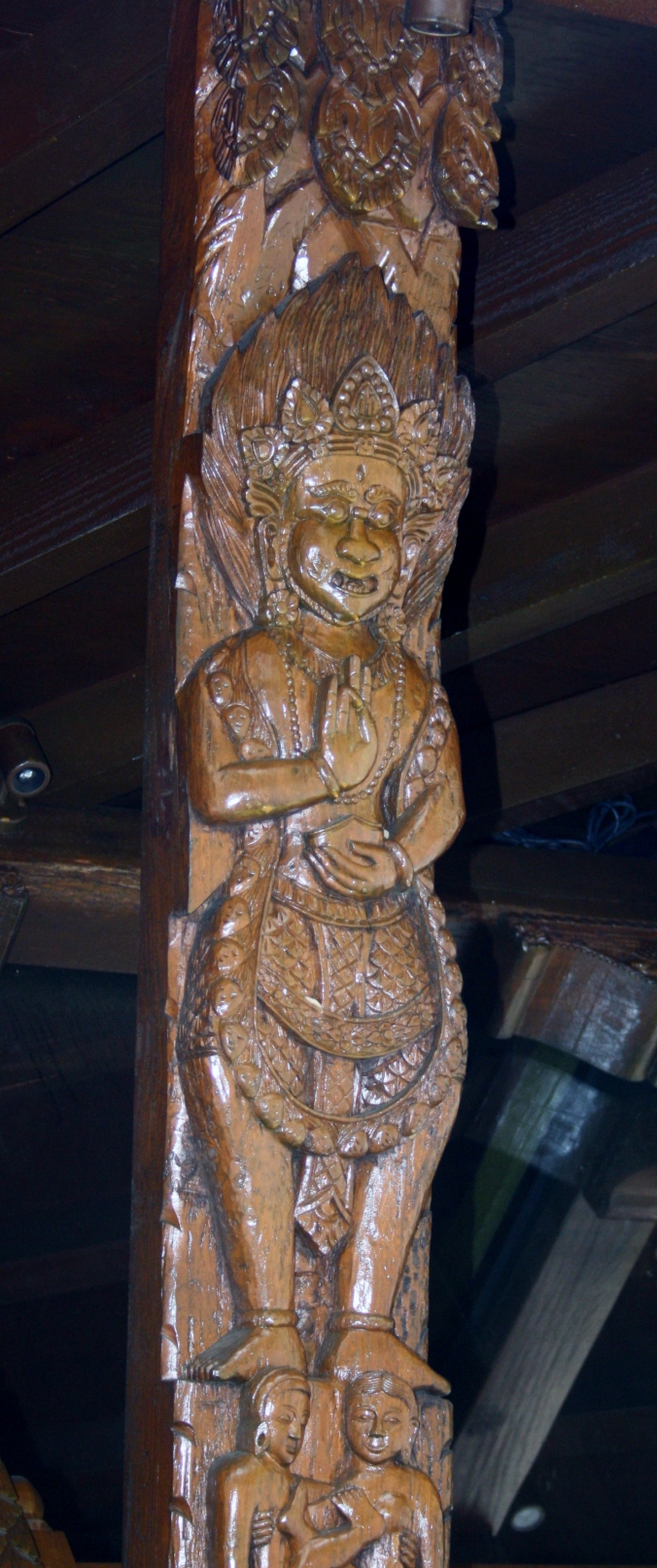Yesterday I happened to pick up the Australian Magazine from the Weeken Australian, something I only really do when I am visiting Mum and Dad, simply because I personally do not buy the paper. I was flicking through it when I discovered an article entitled “Switching: Can you really die of a broken heart?” The topic intrigued me, so I read it.
I guess it interested me because of my previous blog on euthanasia, and I have always held a belief that it is possible to die of a broken heart, because I have heard of it happening. But, I have also seen palliative patients hold off death, until that final moment when they have been able to say good-bye to family and friends. But is this to do with the mind or with the heart, or is it both?
What role does the heart play? We all know the biological function of the heart, it is basically a lump of muscle that pumps that red stuff round our bodies too keep us alive. A simplified definition I know, but there it is. That is all it is, a lump of muscle, or is it?
The Ancient Egyptians believed that it was more than that. They believed that the heart was the source of wisdom, emotion, memory and personality. They even held the belief that final judgment involved the heart. They believed that the heart was weighed against a symbol of universal truth, harmony and balance, the feather of Ma’at.
The Judge was Anubis and in order to pass into the underworld, the heart had to equal the weight of this feather. Should the heart be heavier, it would be fed to Ammit, and the soul would be destroyed.
In 1535 Andreas Laguna identified the heart as the seat of all emotions, and Aristotle in the 14th Century believed it to be the body’s primary organ, believing it to control emotion, motion and sensation, and that it was the centre of vitality.
Most scientists today would scoff at this, but I am not 100% convinced myself that this is not part true. The article I mentioned earlier discussed the idea of death as a result of heartbreak. The author, Jane Wheatley, discusses examples of people who having been through periods of great distress, and as a result having similar symptoms to that of a heart attack. She mentions research done in Japan in the 90’s of a syndrome known as Takotsubo Cardiomyopathy, which reported cases of patients with heart failure, all of whom had no history of risk factors, recovered independently in days with no interventions. All of these patients had recently been through an emotional crisis.
The evidence seems to support the link between the heart and emotion. Further to this, I have heard report of patients post heart transplant taking on characteristics of the heart donor. These stories were part of a documentary I saw a few years ago, and the idea came about that the heart may have memory cells. A logical next step I suppose, and not an idea I am willing to dismiss.
It is hard to deny the idea that the heart is more than a ‘lump of muscle.’ History and lexicography both seem to deny this idea. As far back as we can go, there has been the idea that the heart is more than just a pump. If it is why do we feel an ache in the heart with loss or sadness, why does it hurt so much? If it is why does poetry link the heart and soul. Why is the heart even now seen as the centre of our beings?
Some of you may see this as ‘hippy nonsense,’ but even religion says other wise. Genesis 6 : 5 puts the thoughts of evil men in their hearts, and in Exodus 5 through 12 there is the quote:
“Go to Pharaoh, for I have hardened his heart and the hearts of his Officials so that I may perform these miraculous signs of mine among them.”
It seems that time again, both literature, and science prove to us that the heart is much more than it appears. I am certainly willing to believe it, are you?














